Game Show Hosts Have It All
By Dan Brown
Game-show hosts fascinate me.
Not so much their on-screen personas (although I think it takes great skill to host a quiz show), but more their lives off-screen.
What are they like in person? What do they do when they’re off the clock? Is each one slowly going insane due to the same witch’s brew that has been the doom of many an entertainer – an excess of cash and free time?
I’ll admit up front I haven’t hosted a game show myself, nor have I appeared on one.
I did interview Alex Trebek once when he came to Toronto in the 1990s for a cattle call in Toronto to drum up interest in appearing on Jeopardy! I also auditioned, failing to make it even as far as the first round.
In the same decade, I also interviewed Ben Stein and Jimmy Kimmel (then co-hosts of Win Ben Stein’s Money). As well as such game-show regulars as Charles Nelson Reilly and Betty White, when Match Game’s Gene Rayburn died.
Most of what I know about game shows, and the dudes who preside over them, comes from being a regular watcher of programs such as Wheel of Fortune, Family Feud, and Remote Control.
The guys with the perfect hair and whiter-than-white teeth are handsomely paid for their services, which is as it should be.
I’ve done a tiny amount of broadcast work so I can confirm that being a so-called “traffic cop” whose job is to welcome contestants, make small talk, ask questions, then move the players through the different stages of an individual episode is so much harder than it looks.
And to do that with panache, day after day, is a skill few people have. They make it look easy.
Five years ago, Newsweek reported Trebek earned $18 million a season. That figure puts him up there with some of the highest-paid entertainers on the small screen. Nor does that sum take into account the bucks he brought in from his other gigs, like being a spokesman for insurance companies.
And unlike talk-show hosts, a guy like Trebek didn’t work all year long. Again, depending on the news source you find, he worked maybe two months out of 12 (or the weekly equivalent) taping an entire season of the long-running quiz show.
The questions such a lifestyle raises are obvious.
What do they do with all that time off? And with pretty much unlimited resources, what do they do to keep themselves amused? Most importantly, how do they keep themselves out of trouble?
Idle rich hands, the conventional wisdom goes, are the playthings of the devil.
There are some game-show hosts, the late Bob Barker to name one, who had causes they supported when not on the set. Barker, famous for his neuter-or-spay spiel at the conclusion of every showcase showdown, found focus in lending his star power to organizations that were devoted to animal welfare. It gave him something to do.
However, the cause can’t be so off-the-wall that your work as a celebrity endorser takes the spotlight off your main money-maker.
Pat Sajak is into conservative political causes, but you rarely heard about it when he was hosting Wheel of Fortune because he didn’t want his extracurricular activities to draw attention away from the show.
I should also mention that most of these programs are filmed in California, so it would be easy for your typical American male to go to seed quickly in those surroundings.
I liken them to rock stars, another group that is highly paid, but also has to contend with bags of downtime. Boredom plus money has been the end of many a promising career in the musical world.
Luckily for us working schlubs, we never have to worry about how to give our existence a purpose. We’re too busy working our slaving jobs to get our pay to think about the meaning of life.
Dan Brown has covered pop culture for more than 33 years as a journalist and also moderates L.A. Mood’s monthly graphic-novel group.


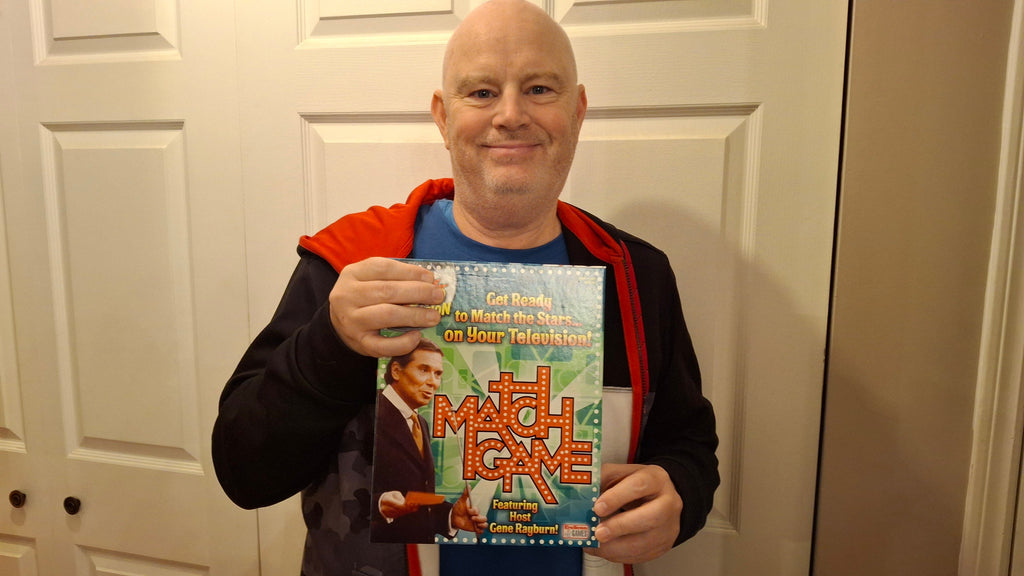
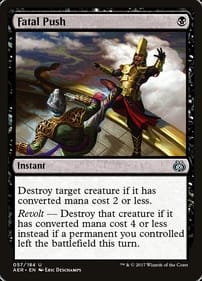
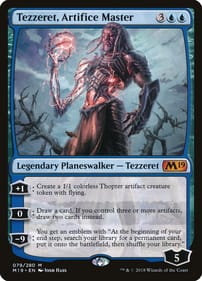
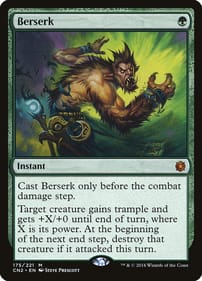
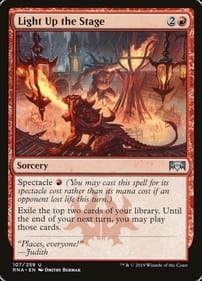
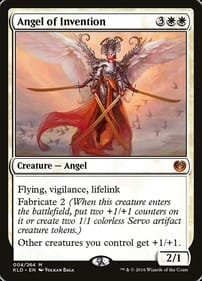
Leave a comment